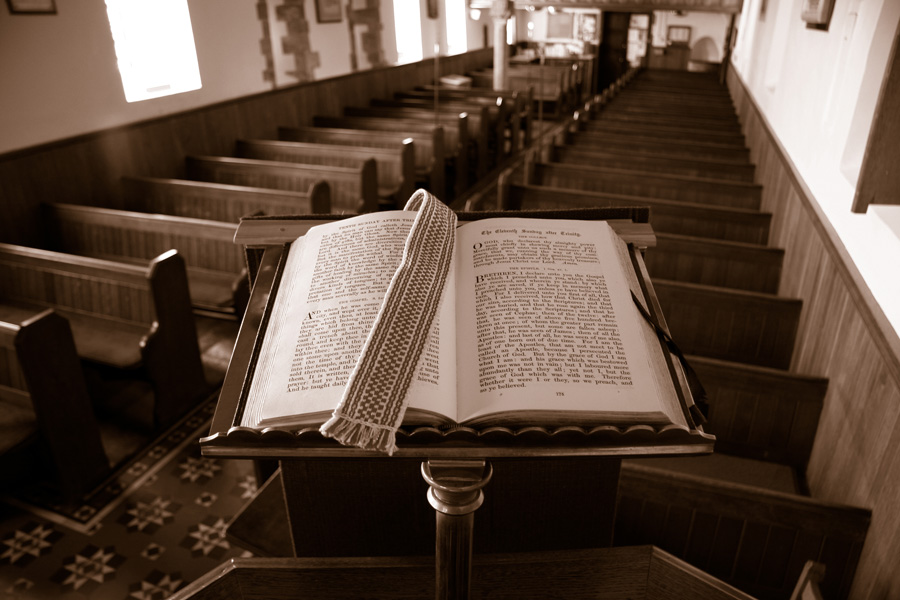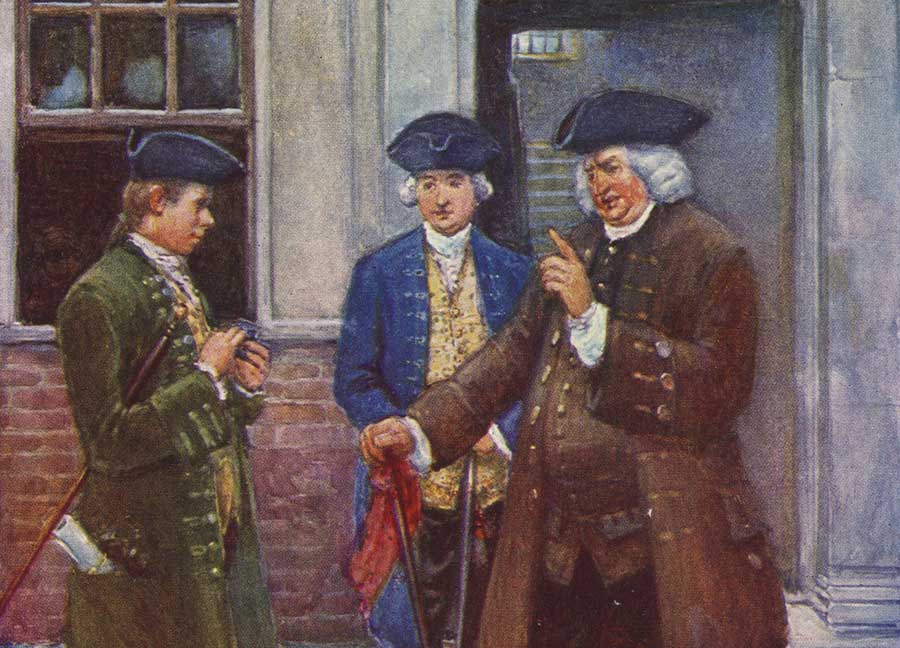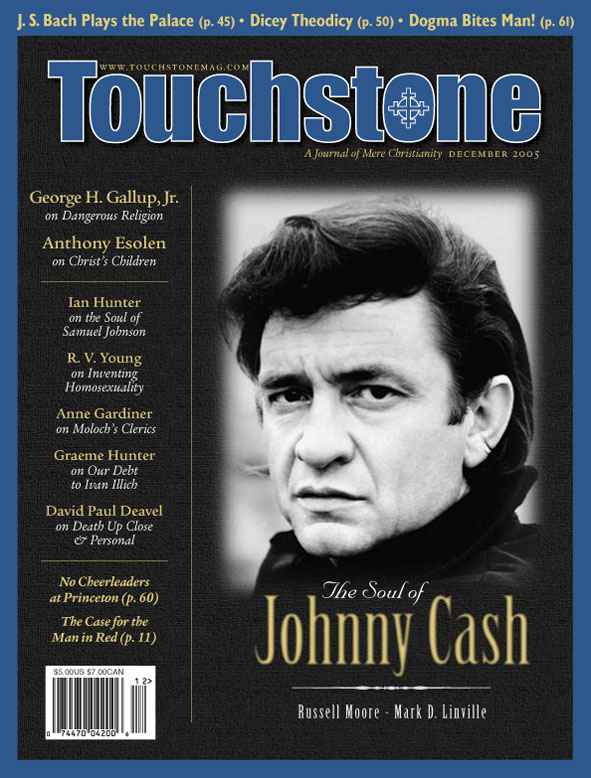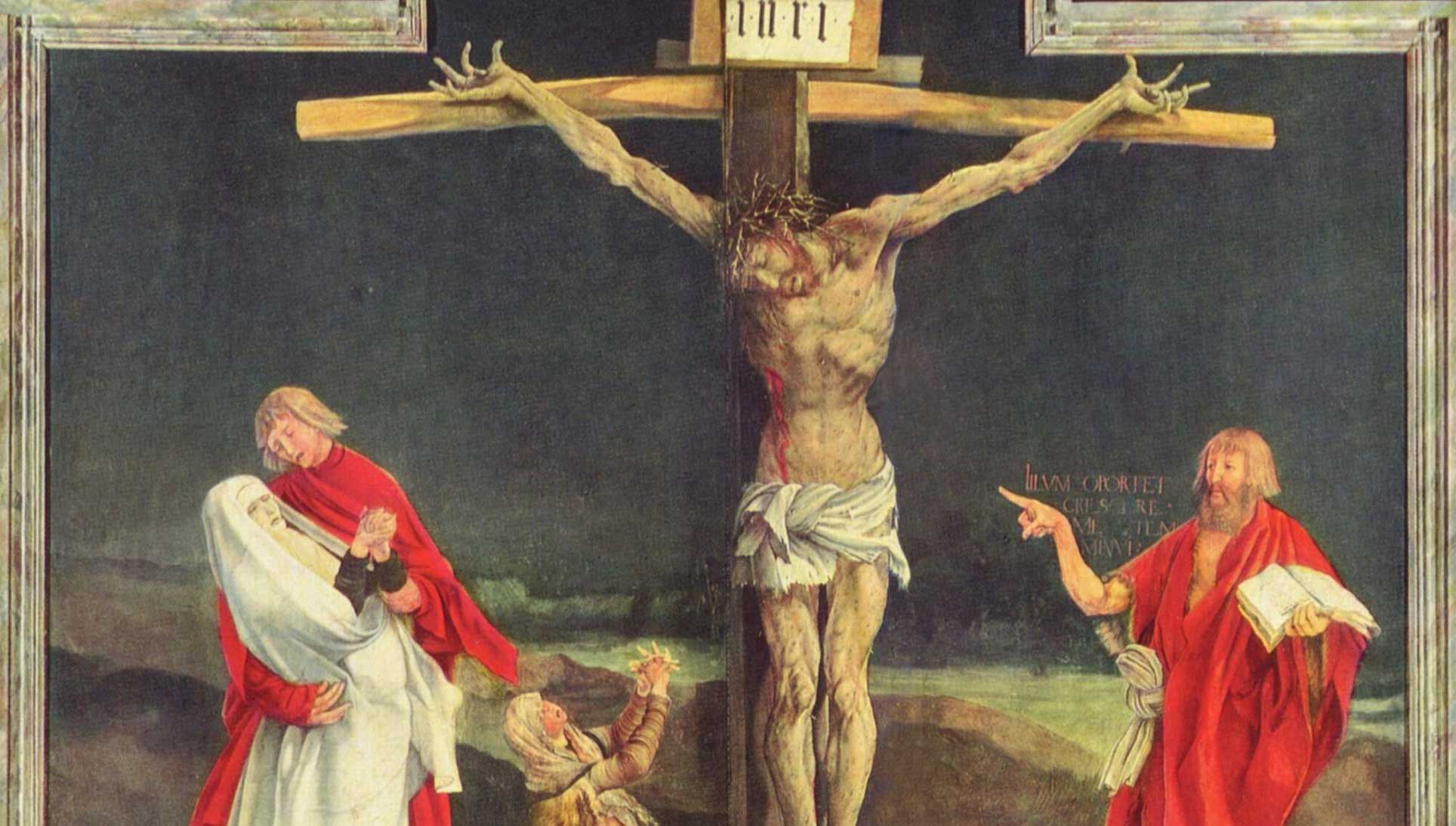Pilgrim Johnson
The Author of the 250-Year-Old Dictionary Was a True Man of the Word
by Ian Hunter
Two and a half centuries ago this year, the first comprehensive Dictionary of the English Language was published. The lexicographer (def. “a writer of dictionaries, a harmless drudge”) was Dr. Samuel Johnson, better known then as an essayist and moralist, and (as is more obvious now than then) a serious Christian in a deistic, even skeptical age.
Nine years earlier, a bookseller named Robert Dodsley asked the 36-year-old Johnson about compiling a dictionary. Dodsley considered it a rebuke to national pride that England lacked anything to equal the great dictionaries of France and Italy, each the product of teams of academics. At first Johnson declined, but when a consortium of London booksellers offered 1,575 guineas (today about $150,000), the chronically impoverished Johnson relented.
The contract called for the dictionary to be delivered in three years. When a friend remonstrated that it took “40 scholars of the French Academy 40 years to complete their Dictionary” (actually, they took 55 years), Johnson replied: “Sir, thus it is: This is the proportion . . . forty times forty is sixteen hundred. As three to sixteen hundred, so is the proportion of an Englishman to a Frenchman.”
Johnson Patronized
Johnson launched himself on “this vast sea of words” on June 18, 1746, assisted by six amanuenses, five of whom were Scots, in the garret of a house (17 Gough Square) just off Fleet Street. His plan called not just for defining words, but determining their derivations, and illustrating correct usage by apt quotation from the best English authors (Shakespeare, Swift, and Milton predominate in the Dictionary).
For so immense an undertaking it was natural that Johnson should seek a patron. Dodsley suggested Johnson dedicate his much-delayed Plan of the Dictionary—in effect a solicitation for subscribers—to the Earl of Chesterfield, a member of the House of Lords, a former ambassador, and a widely regarded arbiter of public taste. “If any good comes of my addressing it to Lord Chesterfield,” Johnson told a friend, “it will be ascribed to deep policy, when, in fact, it was only an excuse for laziness.”
For nine years Johnson slogged on, his only encouragement from Chesterfield an early gift of ten pounds. Then, on the very eve of publication, Chesterfield wrote two letters to The World, commending the Dictionary and appearing to claim some credit as its patron. This was too much for the proud Johnson, whose stinging reply ranks with the most celebrated letters ever written:
Seven years, my Lord, have now past since I waited in your outward rooms, or was repulsed from your door; during which time I have been pushing on with my work through difficulties, of which it is useless to complain, and have brought it at last, to the verge of publication, without one act of assistance, one word of encouragement, or one smile of favour. Such treatment I did not expect, for I never had a Patron before. . . .
Is not a Patron, my Lord one who looks with unconcern on a man struggling for life in the water, and, when he has reached ground, encumbers him with help? The notice which you have been pleased to take of my labours, had it been early, had been kind; but it has been delayed till I am indifferent and cannot enjoy it; till I am solitary, and cannot impart it; till I am known, and do not want it.
Johnson had few illusions about the reception of his Dictionary. In the preface he wrote: “Every other author may aspire to praise; the lexicographer can only hope to escape reproach.” As it turned out, Johnson’s work was to be considered authoritative, at least until James Murray’s great Oxford English Dictionary appeared over a century later.
Ian Hunter is Professor Emeritus in the Faculty of Law at the University of Western Ontario. He is the author of biographies of Robert Burns, Hesketh Pearson, and Malcolm Muggeridge.
subscription options
Order
Print/Online Subscription

Get six issues (one year) of Touchstone PLUS full online access including pdf downloads for only $39.95. That's only $3.34 per month!
Order
Online Only
Subscription

Get a one-year full-access subscription to the Touchstone online archives for only $19.95. That's only $1.66 per month!
bulk subscriptions
Order Touchstone subscriptions in bulk and save $10 per sub! Each subscription includes 6 issues of Touchstone plus full online access to touchstonemag.com—including archives, videos, and pdf downloads of recent issues for only $29.95 each! Great for churches or study groups.
Transactions will be processed on a secure server.
more on biographical from the online archives
more from the online archives

8.4—Fall 1995
The Demise of Biblical Preaching
Distortions of the Gospel and its Recovery by Donald G. Bloesch
calling all readers
Please Donate
"There are magazines worth reading but few worth saving . . . Touchstone is just such a magazine."
—Alice von Hildebrand
"Here we do not concede one square millimeter of territory to falsehood, folly, contemporary sentimentality, or fashion. We speak the truth, and let God be our judge. . . . Touchstone is the one committedly Christian conservative journal."
—Anthony Esolen, Touchstone senior editor









